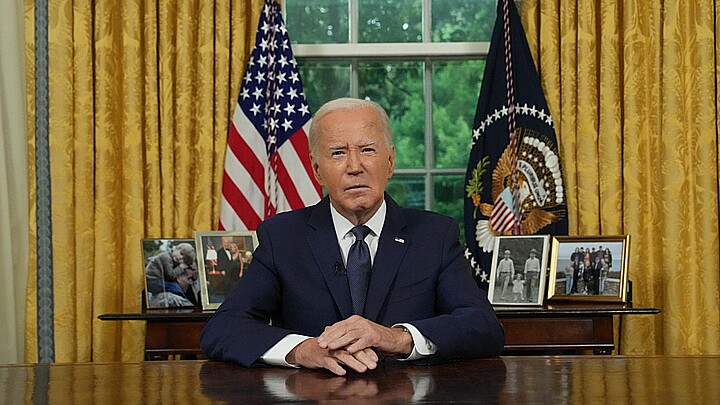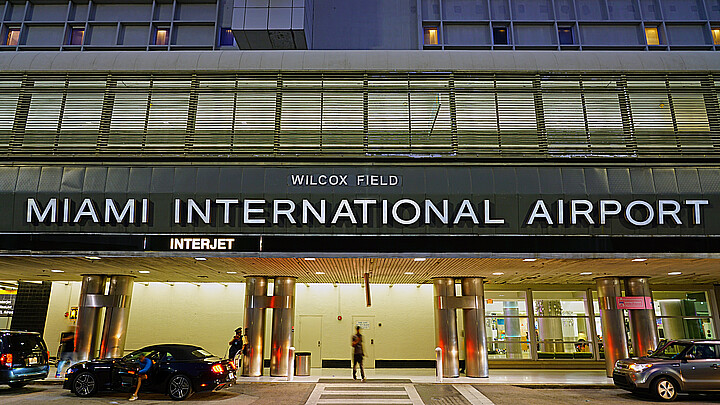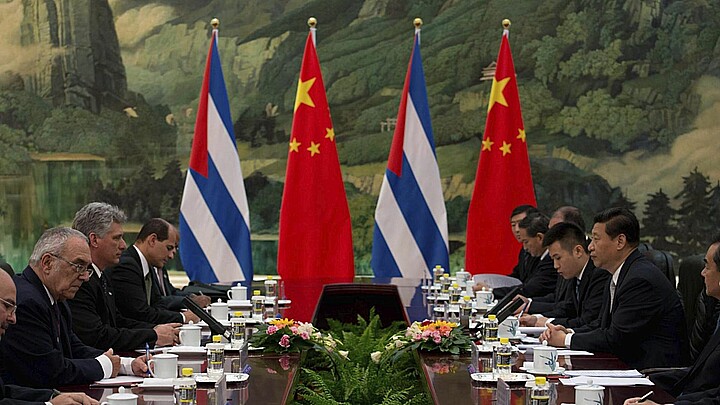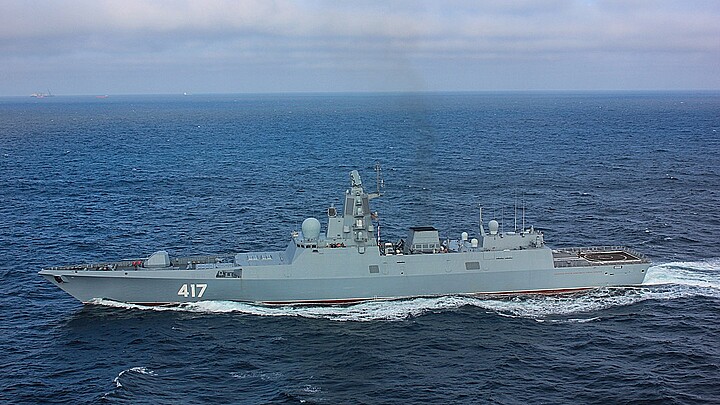Politics
Cuban president says he defends peace "unambiguously" while justifying Russian invasión
Cuban president Manuel Díaz-Canel said his country defends peace, but justified the invasion of Ukraine by saying that NATO pushed Russian President Vladimir Putin's government to "limit"
March 8, 2022 1:13pm
Updated: March 8, 2022 9:59pm
While talking about the Russian invasion of Ukraine on Monday, Cuban president Manuel Díaz-Canel said his country defends peace, but NATO pushed Vladimir Putin's government to "limit."
In his official Twitter account, the president appointed by General Raúl Castro issued a message in which he assured to advocate for "peace in all circumstances and we unambiguously oppose the use of force against any State".
The Cuban ruler spared no effort in justifying the actions of his ally in the Kremlin: "An offensive military encirclement has been established against the Russian Federation. For decades there has been a consistent determination of the United States to expand its military and hegemonic dominance, through the continued expansion of NATO towards the countries of Eastern Europe," he added in a Twitter thread.
According to Díaz-Canel, "the conflict could have been avoided if Russia's demands for security guarantees had been addressed seriously and respectfully" and "to think that [the Russian government] would remain inert in the face of NATO's offensive military encirclement is irresponsible to say the least. They have brought that country to a limit."
Without condemning the Russian military aggression against a democratically elected sovereign state, the also first secretary of the Cuban Communist Party suggested not to put pressure on the invading government.
"Continuing to use economic, commercial, and financial sanctions as an instrument of pressure against any country does not solve the current crisis, but rather adds fuel to the fire and aggravates the economic situation, which has already suffered from these difficult two years of the pandemic," said Díaz-Canel.
"We will continue to advocate for a serious, constructive and realistic diplomatic solution to the current crisis in Europe, by peaceful means that guarantee the security and sovereignty of all," he added.
According to the ruler, Cuba defends International Law, the United Nations Charter, and the Proclamation of Latin America and the Caribbean as a Zone of Peace, signed by the Heads of State and Government in Havana in 2014.
"We will have the opportunity to analyze these highly sensitive issues in greater depth, and we trust that the Cuban people will continue to be attentive to the facts, in the difficult effort to distinguish truth from manipulation, among so much information being disseminated," the president concluded.
The Cuban regime, a member of the United Nations Human Rights Council, abstained on March 4 from voting to open an investigation into Russian war crimes in Ukraine.
The independent international commission of inquiry was approved with 32 votes in favor, two against, and 13 abstentions. Russia and Eritrea voted against, while countries such as China, Venezuela, Bolivia, India and Pakistan, among others, abstained.
This is Cuba's second abstention at the UN regarding the Russian invasion of Ukraine during the month of March. On March 2, along with 34 other nations, Cuba also avoided taking a clear position in the historic UN condemnation vote against the military aggression.
Supported by 141 of the 193 UN member states, the text of the resolution “deplores” the Russian aggression against Ukraine and “demands” that Moscow put an end to it and immediately and unconditionally withdraw its troops from the neighboring country.










